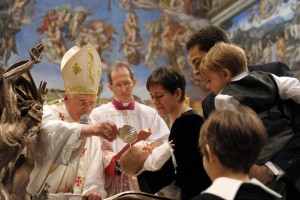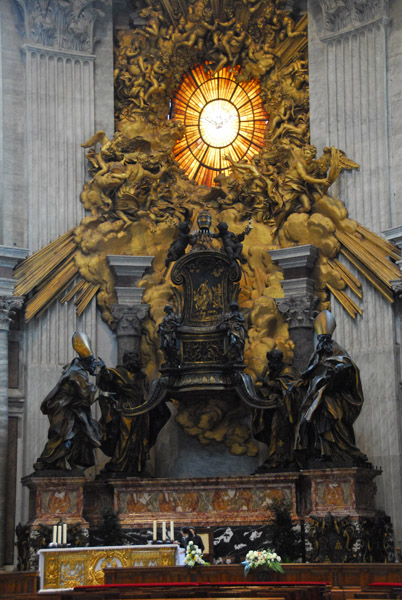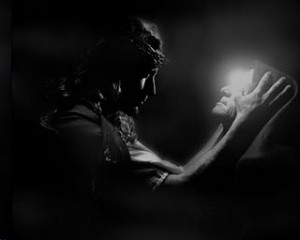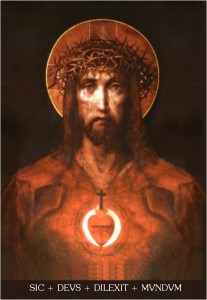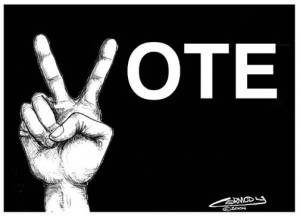 Tonight’s Oscars will feature plenty of worrying about clothing, as celebrities walk the red carpet and hope their wardrobe doesn’t – uh, malfunction – in the eyes of the critics and fashionistas watching worldwide. A far cry from the attitude the Lord espouses in today’s Gospel:
Tonight’s Oscars will feature plenty of worrying about clothing, as celebrities walk the red carpet and hope their wardrobe doesn’t – uh, malfunction – in the eyes of the critics and fashionistas watching worldwide. A far cry from the attitude the Lord espouses in today’s Gospel:
Jesus said to his disciples: “No one can serve two masters. He will either hate one and love the other, or be devoted to one and despise the other. You cannot serve God and mammon.
“Therefore I tell you, do not worry about your life, what you will eat or drink, or about your body, what you will wear. Is not life more than food and the body more than clothing? Look at the birds in the sky; they do not sow or reap, they gather nothing into barns, yet your heavenly Father feeds them. Are not you more important than they? Can any of you by worrying add a single moment to your life-span? Why are you anxious about clothes? Learn from the way the wild flowers grow. They do not work or spin. But I tell you that not even Solomon in all his splendor was clothed like one of them. If God so clothes the grass of the field, which grows today and is thrown into the oven tomorrow, will he not much more provide for you, O you of little faith? So do not worry and say, ‘What are we to eat?’ or ‘What are we to drink?’ or ‘What are we to wear?’ All these things the pagans seek. Your heavenly Father knows that you need them all. But seek first the kingdom of God and his righteousness, and all these things will be given you besides. Do not worry about tomorrow; tomorrow will take care of itself. Sufficient for a day is its own evil.”
I’ve gotta admit, this Gospel’s for me. I’ve been a chronic worrier all my life (I get it from my mom). But our heavenly Father wants us to remember we’re children of the King. As Francis Fernandez reminds us in his magnificent devotional series, In Conversation with God, Christ’s followers must adopt a refreshingly different – and freeing – perspective:
Tomorrow “as yet is not.” If it comes, it will be more wonderful than we could ever dream, because our Father God has prepared it to sanctify us…We will be victorious!
“Do not be anxious”…Fruitless worry does not cancel out the misfortune we dread, but foolishly goes out to meet it. We shoulder a burden without yet having received the grace God would give to enable us to carry it…above all, we fail to trust in the Providence God exercises over every situation in life. In the First Reading of today’s Mass our Lord asks us in the words of the prophet Isaiah: “Can a woman forget her child at the breast, that she should have no compassion on the son of her womb? Even these may forget, yet I will not forget you” (Is 49:15)…(Jesus) says, “it is I; have no fear” (Matt 14:27).
We may not be clothed like Solomon, or arrayed in the latest red carpet fashions, but one thing the children of God need never wear is a look of worry.


